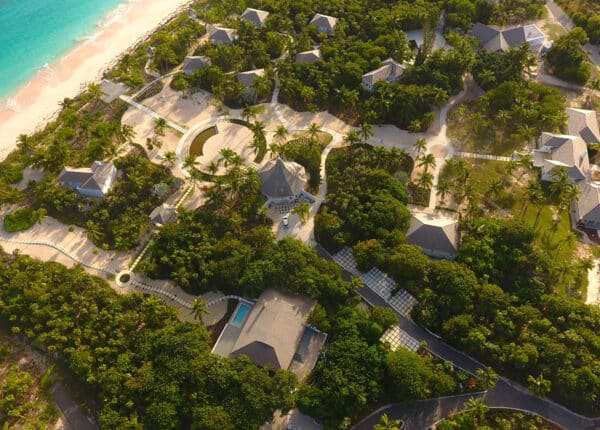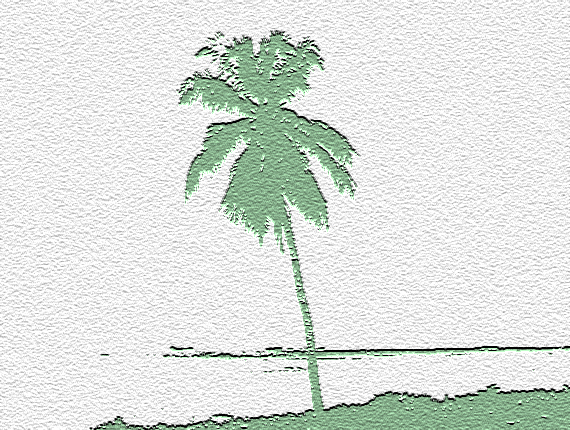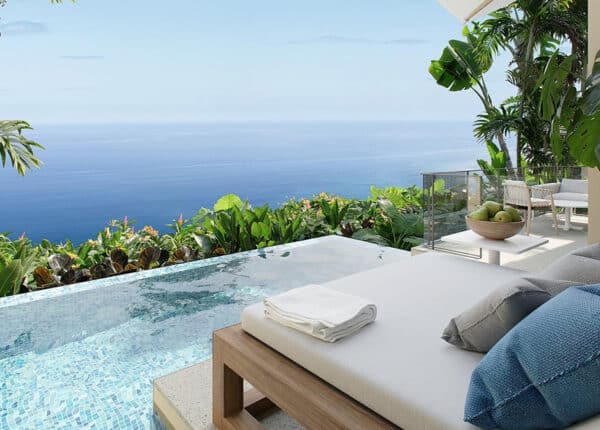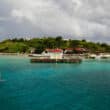By Ryan Peterson
CJ Contributor
When 80 percent of your Caribbean tourism product is nature-based, and 80 percent of your market increasingly demands eco-based services and experiences, it doesn’t take science to figure out that sustaining a high-quality ecology is simply smart business (read: EQ, not IQ).
Add to that the fact that 80 percent of your community well-being and national happiness is intertwined with the engagement and enjoyment of nature, and your destination’s ecology, and you just might answer the riddle…
Over the past decade, Caribbean tourism markets have experienced a tipping-point, one in which consumers across all generations are increasingly demanding “greener” products, services and experiences.
Studies across the globe indicate that today’s visitor and traveler are increasingly more critical and demanding of a destination’s efforts and achievements in terms of nature and nurturing environmental responsibility.
Already in 2009, a study conducted by Deloitte Consulting found that 90 percent of business travelers look to “green” while away. In the US, 40 percent of travelers seek an environmentally responsible hotel or resort. Kuoni (2012) reports that for more than 25 percent of travelers, ‘sustainability’ is among the top three influencing factors when booking vacations. In 2013, TripAdvisor reported that over 70 percent of travelers and tourists would make environmentally responsible vacation choices that year.
More so, local and global communities are increasingly (in the billions) becoming more vocal and active in protecting and conserving pristine, yet fragile, ecologies across the world, while they recognize that their well-being and that of future generations is inextricably linked to the preservation of nature and environment.
The fact of the matter is no professional wants to work with a company that pollutes and destroys nature.
With the increasing awareness and actions towards, e.g., climate change adaptation, alternative energy adoption, coastal and ocean zoning, mangrove reforestation and waste management programs, no continent, no government, no community, and no industry or company can afford to ignore the environment, nature and the ecology as a whole.
In fact, in today’s hypercompetitive environment, our ecology, and the health, quality and sustainability of our environment have become competitive differentiators and unique value propositions for the health and well-being of communities and travelers alike. Economies and societies across the world, increasingly recognize that without nature there is no future.
The fundamental logic underlying our classical linear economy, and exploitative business model, is shifting towards a ‘circular economy’ and ‘shared value’ business networks, one in which there is healthy economic growth within the context of contributing to and creating healthy communities and ecologies.
Do you have the smarts of sustainability?
Ryan Peterson, PhD is Professor of Innovation Economics and Research Chair in Sustainable Islands at the University of Aruba. He can be reached at ryan.peterson@ua.aw.







